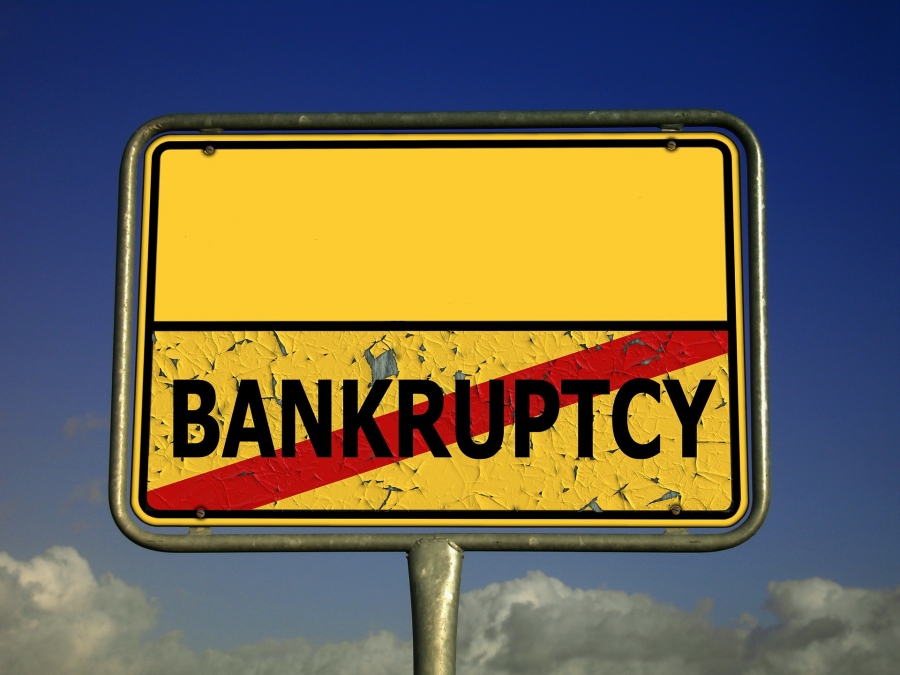
When it comes to bankruptcy, you might not know that you have different options. For most people, you will likely qualify for one of two options: Chapter 7 and Chapter 13. These two options are quite different, and which one you’ll qualify for depends on multiple factors, including how much debt you have, how much you make, and what you are trying to do with your debt.
Chapter 7
Chapter 7 bankruptcy will discharge most unsecured debt. You will most likely be able to keep your house, but if you have any significant, nonexempt property, it will be sold to pay your creditors. It takes about three to four months to complete. You won’t be eligible if you have a high income, as you must have an income less than the median in your state or pass the means test.
If you’re unemployed with few assets but a large amount of debt, this is probably the type of bankruptcy for you. You may also qualify for this if there are factors such as a recent divorce, large medical bills or a recent family death. If you’re an unemployed homeowner who is upside down on your mortgage, Chapter 7 may help relieve you of your other debts while protecting your home from liquidation. If you have significant equity in your home, however, you may be better off going with Chapter 13.
Chapter 13
In Chapter 13 bankruptcy, you’ll have a repayment plan which allows you to pay back your creditors, in part or in full. No property is liquidated, but it does require a regular monthly income in order to comply with the repayment plan. It typically takes about three to five years to complete. It can also stop your foreclosure and allow you to get current on your mortgage payment again with the repayment plan. This only works if you are able to file for bankruptcy and get it approved before the lender decides finishes the foreclosure process, so don’t sit on it too long if this is what you need.
If you’re facing mortgage delinquency or foreclosure, or have a significant amount of equity in your home, Chapter 13 is probably your best bet, especially if you’re employed. It does, however, have maximum debt limits that you must be below in order to file, which means you need to look at this before your debt gets out of hand.
Other Options
There are two other kinds of bankruptcy, Chapter 11 and Chapter 12. These are very specific forms of bankruptcy that apply to very specific, limited cases. The best way to know which kind of bankruptcy you should file for is to find a lawyer and have a consultation to determine eligibility. A lawyer can go over your financial records and help you figure out exactly which kind of bankruptcy you’re eligible for, and help you get the paperwork filled out and filed.



